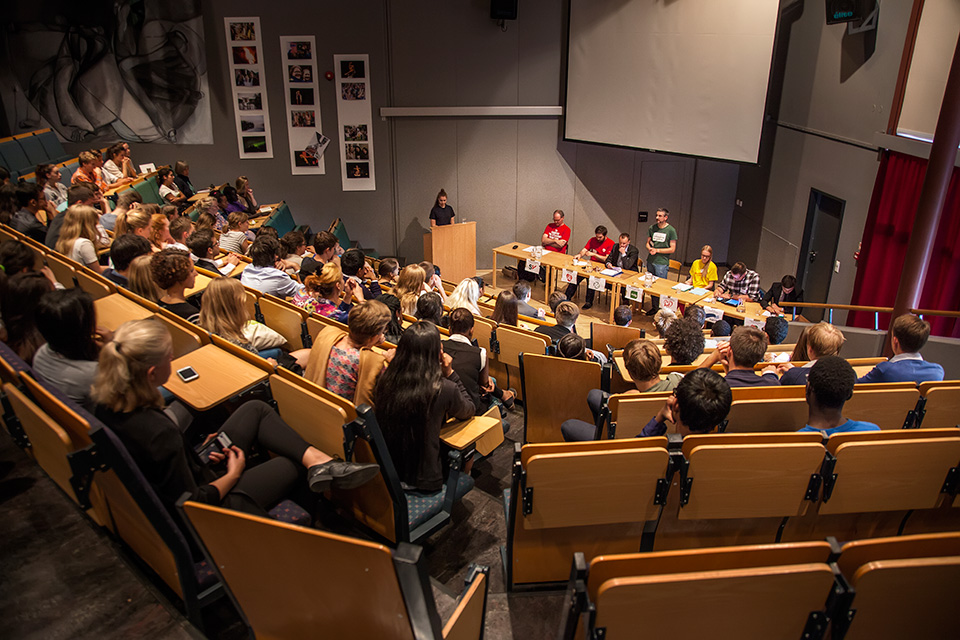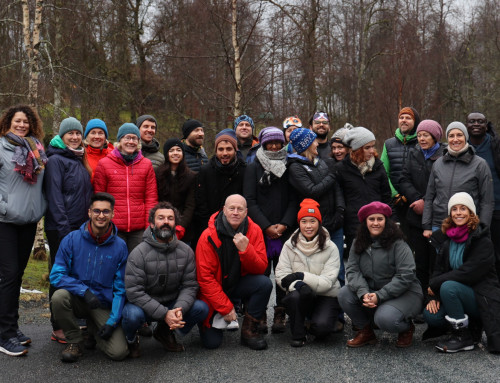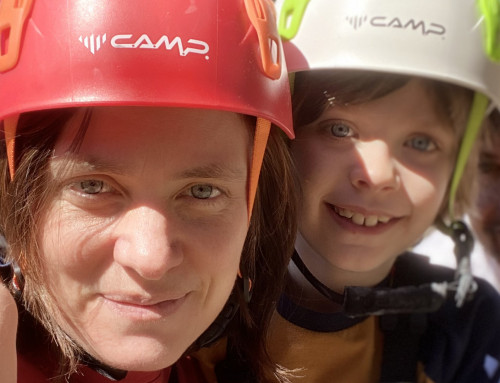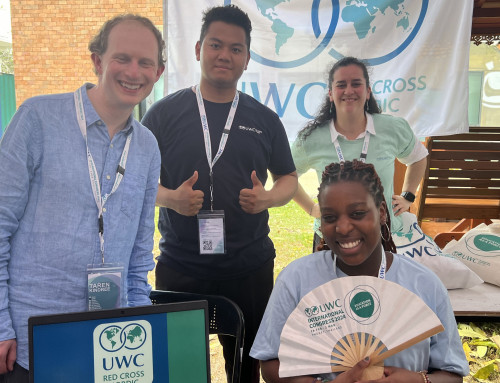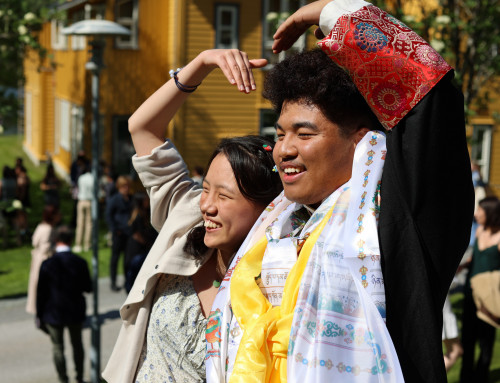It has been an exciting week with local Norwegian elections gripping the campus.
Robin Stokke, Norwegian first year, reports:
We started by announcing the whole project during an assembly on Monday. All of the first years found out which party they had been placed in, and were encouraged to start researching their party and democratically electing a leader.On Thursday Jacob and I had a short presentation about the actual Norwegian election on Monday 14th Septemner, in other words some background for why we’re doing all of this. Afterwards we went outside where each party had a ‘stand’ (a table with their party’s logo on it). The first year students took turns walking around asking the other parties about their policies and ideologies, whilst the rest would stay at their own table to answer the same kind of questions. To finish off, every party leader was asked to present a 30-second speech to sum up their party’s most important issues.On Friday we welcomed local politicians from 6 different parties to campus. We invited 9 different parties, but being the weekend before the election not all of the parties had the opportunity to come. During dinner, each politician had his/her own table where students could ask them questions and discuss issues. At 1900 we hosted a panel debate in the auditorium, where the politicians discussed 3 different issues before opening up for questions. The topics they discussed were the dumping in the Førdefjord, oil boring in the Artic and today’s migration issue.This has all been as a preparation for Sunday, where all first years will represent their party in a large debate mainly about those three issues. The second years will be watching the debate, and voting on the party they agree the most with afterwords. We will also choose a student who is ‘The most promising Norwegian politician’ to join Jacob, Thea and I at the ‘valgvake’ in Førde on Monday, and (fingers crossed) get on national television.
Thanks to Jacob, Thea and Robin – and Summer – for their excellent work introducing students on campus to the dynamics of local politics in Norway. Their work also served to launch RCN’s new course for first years, Nordic Life Skills.

